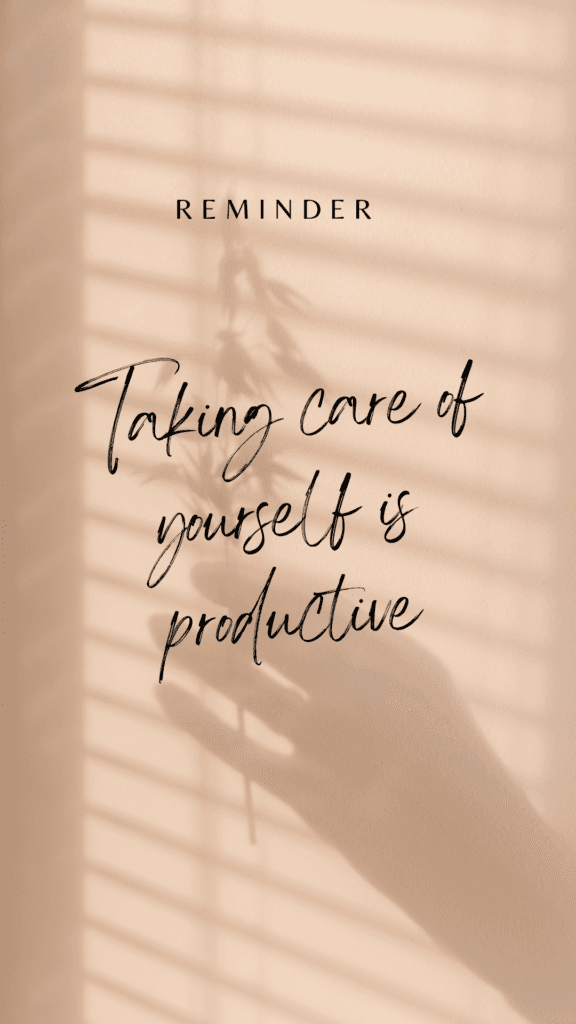Cortisol, often dubbed as the “stress hormone,” plays a crucial role in our body’s response to stress. While it’s necessary for survival, chronic elevation of cortisol levels can lead to a myriad of health issues. In today’s fast-paced world, where stress seems to be an inevitable part of life, learning how to reduce cortisol levels is essential for both our physical and mental well-being. In this article, I will delve into the significance of cortisol management and explore effective strategies to lower cortisol levels naturally.

What is Cortisol and Why Does It Matter?
Cortisol is a hormone produced by the adrenal glands in response to stress. It plays a vital role in regulating various functions in the body, including metabolism, immune response, and blood sugar levels. When faced with a perceived threat or stressor, cortisol levels rise, triggering the body’s “fight or flight” response, which prepares us to deal with the challenge at hand. While this response is crucial for survival in acute situations, prolonged exposure to elevated cortisol levels can have detrimental effects on our health.
Excessive cortisol production over an extended period can lead to a range of health problems, including:
- Impaired Immune Function: Chronic stress and elevated cortisol levels can weaken the immune system, making us more susceptible to infections and illnesses.
- Weight Gain: Cortisol plays a role in metabolism and fat storage. Elevated levels of cortisol can lead to increased appetite, cravings for unhealthy foods, and abdominal fat deposition.
- High Blood Pressure: Cortisol contributes to the regulation of blood pressure. Prolonged elevation of cortisol levels can lead to hypertension and other cardiovascular issues.
- Sleep Disturbances: Cortisol follows a diurnal rhythm, with levels typically peaking in the morning and declining throughout the day. However, chronic stress can disrupt this rhythm, leading to sleep disturbances and insomnia.
- Mental Health Issues: Elevated cortisol levels have been linked to anxiety, depression, and mood disorders. Chronic stress can also impair cognitive function and contribute to memory problems.
Given the significant impact of cortisol on our health and well-being, it’s crucial to adopt strategies to keep its levels in check.
How to Reduce Cortisol Naturally:
Fortunately, there are several effective ways to lower cortisol levels naturally. By incorporating these practices into your daily routine, you can better manage stress and promote overall health and vitality. Here are some proven strategies:
- Regular Exercise: Engaging in regular physical activity is one of the most effective ways to reduce cortisol levels. Exercise helps to relieve stress, improve mood, and promote relaxation. Aim for a combination of cardiovascular exercise, strength training, and mind-body practices such as yoga or tai chi.
- Practice Mindfulness and Meditation: Mindfulness-based practices, such as meditation and deep breathing exercises, can help calm the mind and reduce stress levels. Incorporating just a few minutes of mindfulness into your daily routine can have profound effects on cortisol regulation and overall well-being.
- Get Adequate Sleep: Quality sleep is essential for regulating cortisol levels and promoting overall health. Aim for 7-9 hours of uninterrupted sleep each night and establish a regular sleep schedule to support your body’s natural rhythms.
- Eat a Balanced Diet: Nutrition plays a key role in cortisol regulation. Focus on eating a balanced diet rich in whole foods, including fruits, vegetables, lean proteins, and healthy fats. Avoid excessive consumption of caffeine, sugar, and processed foods, which can contribute to cortisol spikes.
- Prioritise Relaxation: Make time for activities that promote relaxation and stress relief, such as spending time in nature, listening to music, or practicing hobbies you enjoy. Creating a daily relaxation routine can help reduce cortisol levels and promote a sense of well-being.
- Connect with Others: Social support is essential for buffering the effects of stress. Make an effort to nurture relationships with friends and family members, and don’t hesitate to seek support when needed.
Final Thoughts:
In today’s fast-paced world, managing stress and keeping cortisol levels in check is essential for maintaining optimal health and well-being. By incorporating lifestyle practices such as regular exercise, mindfulness, adequate sleep, and healthy nutrition, you can effectively reduce cortisol levels and cultivate a greater sense of balance and resilience in your life. Prioritise self-care and stress management, and remember that small changes can have a big impact on your overall health.




1 comment